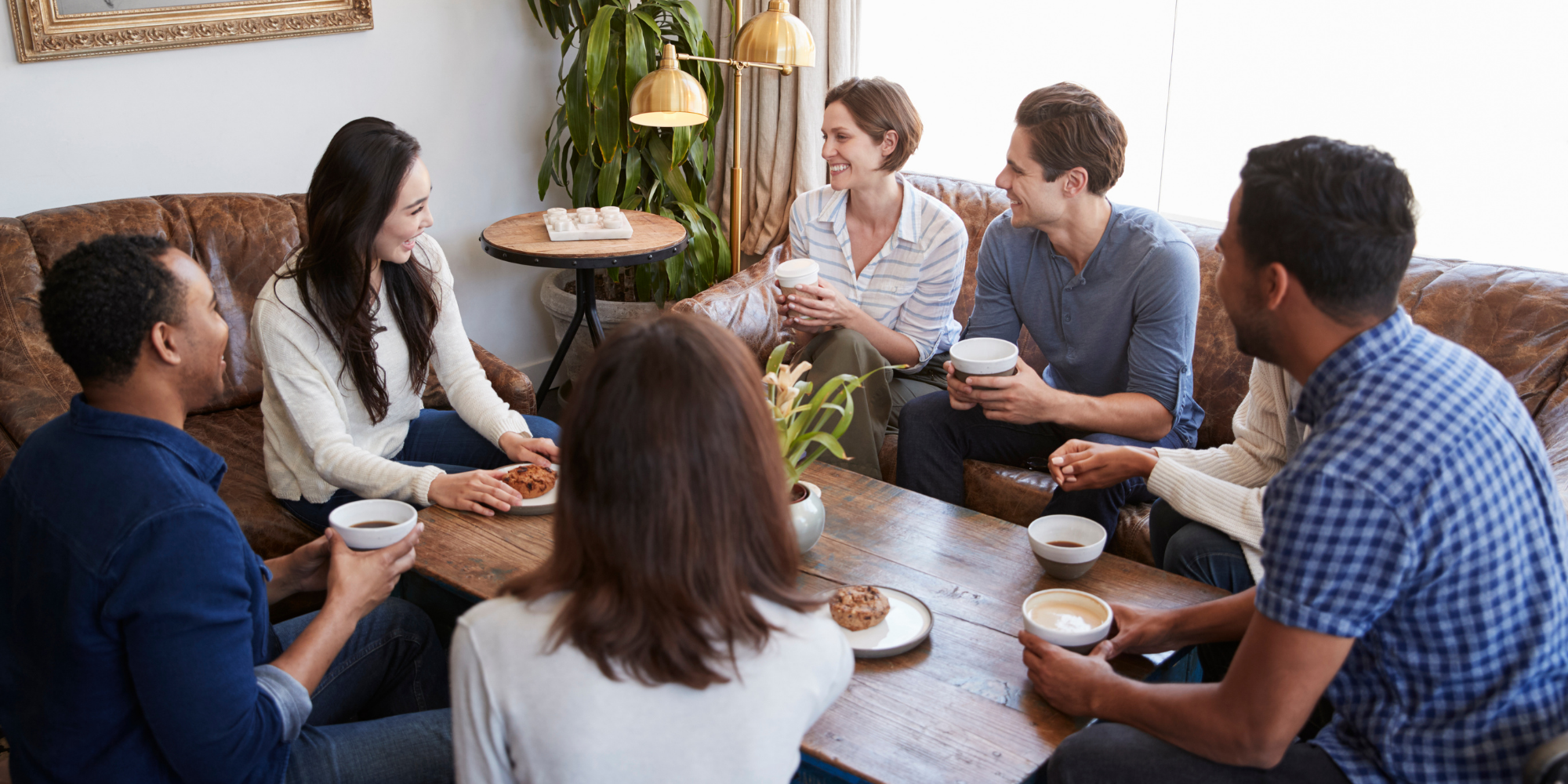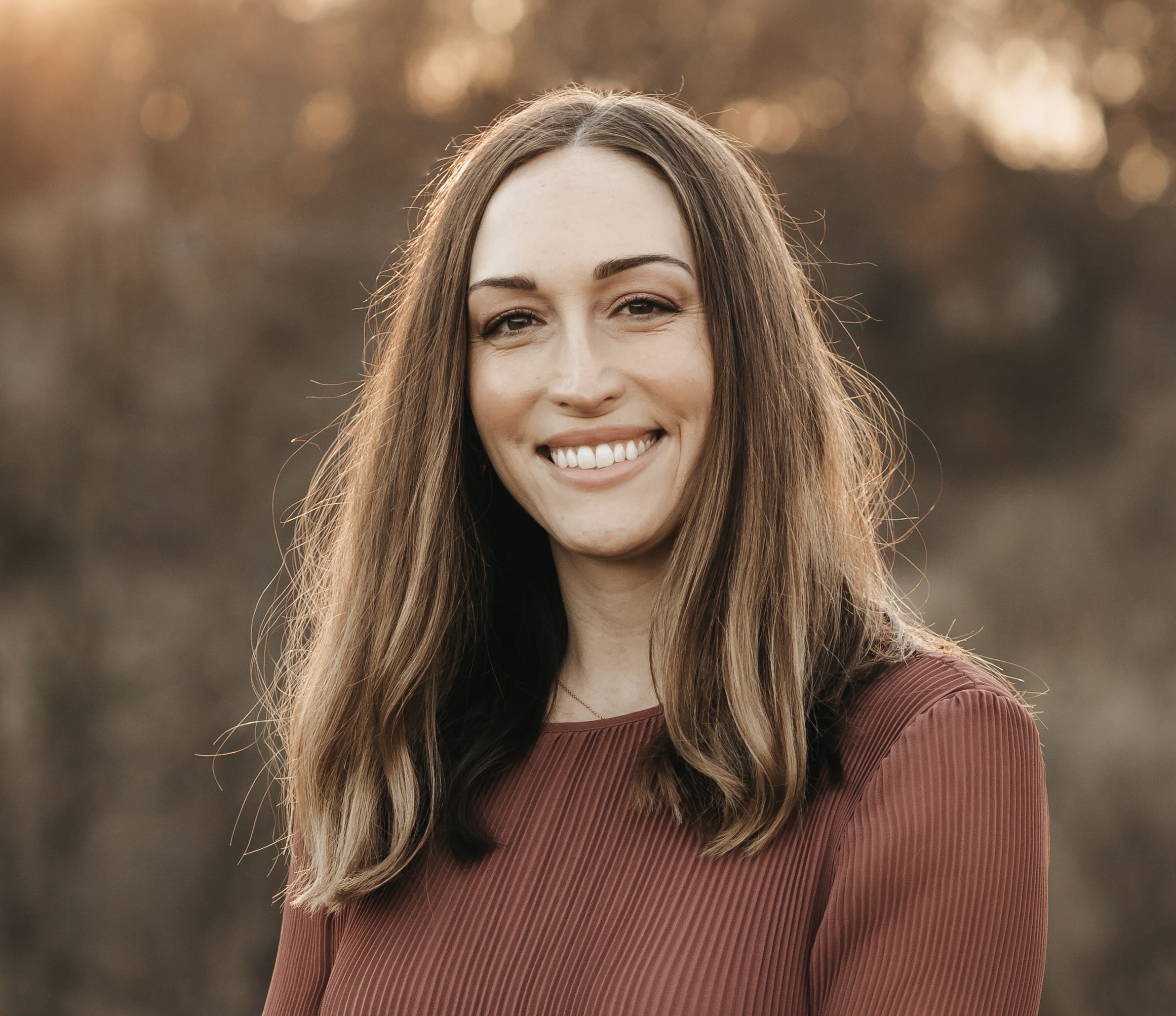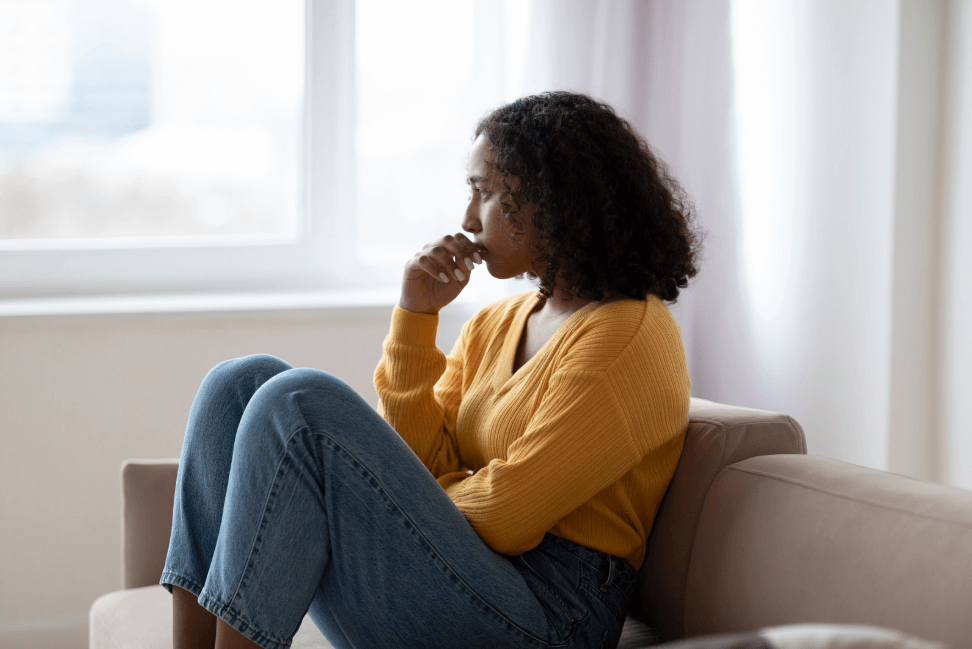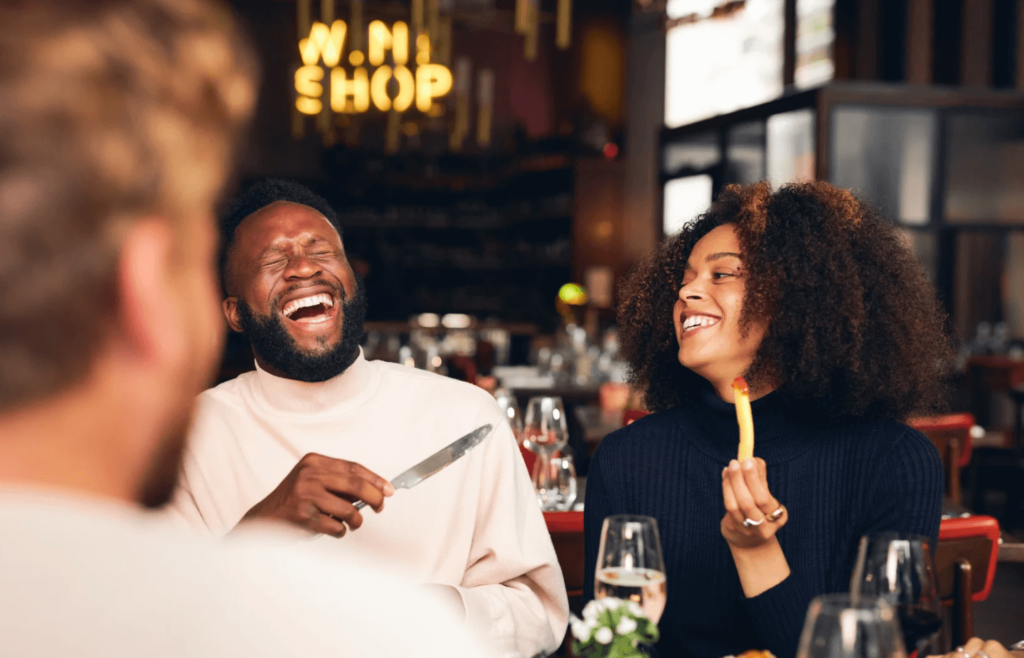How to Make Friends in Adulthood

As children, making friends often felt effortless. A shared snack or a game on the playground could spark a bond. But as adults, life’s responsibilities – careers, families, and personal goals – can make building meaningful friendships feel like an overwhelming task. If you’re feeling stuck, know that you’re not alone.
5 ways to nurture connections
1. Start with shared interests
Finding a common ground is one of the easiest ways to foster a bond with someone new. Consider joining a group or activity that aligns with your hobbies – whether it’s a book club, a pottery class, a walking group, or a fitness club. Shared interests naturally create conversation starters and opportunities to connect.
2. Explore reconnecting with old friendships
Friendships don’t always have to start from scratch. Think about past coworkers, college classmates, or acquaintances you’ve drifted away from. A simple text or a message on social media can reignite connections. Often, people are excited to hear from someone who once valued their friendship.
3. Embrace vulnerability
Opening up can be intimidating, but it is essential for deepening relationships. You don’t have to overshare right away – begin with small talk. Start by showing genuine interest in others and ask thoughtful questions. Vulnerability fosters trust and strengthens bonds.
4. Consistency is key
Friendships grow when they are nurtured. Regularly check-in, plan coffee dates, or set up a recurring activity you both enjoy doing together. Even a quick text saying, “I was thinking about you today” can go a long way in showing you value their friendship.
5. Be patient with the process
Building solid, long-lasting friendships takes time. Not every connection will evolve into a deep friendship, and know that it’s okay. Focus on quality over quantity and appreciate the process of meeting new people and learning about yourself along the way.
Where to find new friends
If you’re wondering where to even start looking for new potential friendships, you’re not alone. As adults, our lives aren’t naturally structured around social opportunities like they were in school or college. Here are some ideas to help you connect with like-minded individuals:
- Volunteer
- Join a club
- Sign up for a class
- Join a Facebook Group for people with similar interests
- Attend a convention
- Join a sports or athletic league
- Attend a networking event
- Download a friendship-making app (MeetUp, BumbleBFF)
Takeaway
Navigating busy schedules and adult responsibilities can make prioritizing friendships challenging – but know that you’re not alone. If you’re feeling nervious about putting yourself out there to find friends, remember that you’re not just looking for something to gain – you’re also offering friendship and connection to someone who may also be looking for it.
If loneliness or depression are negatively impacting your mental health, you may benefit from seeing a therapist. A therapist can help you work towards your goals in a safe, nonjudgmental space. Go to findmytherapist.com to browse our network of licensed therapists and schedule your first appointment online instantly.
Ready to prioritize your mental health?
Great Lakes Psychology Group is here to help. With an extensive network of caring therapists available to meet online or in-person, we make it easy to find the right fit for your unique needs.




